The Changing Practices of International Law
With more than 158,000 treaties and some 125 judicial organisations, international law has become an inescapable factor in world politics since the Second World War. In recent years, however, international law has also been increasingly challenged as states are voicing concerns that it is producing unintended effects and accuse international courts of judicial activism. This book provides an important corrective to existing theories of international law by focusing on how states respond to increased legalisation and rely on legal expertise to manoeuvre within and against international law. Through a number of case studies, covering a wide range of topical issues such as surveillance, environmental regulation, migration and foreign investments, the book argues that the expansion and increased institutionalisation of international law itself have created the structural premise for this type of politics of international law. More international law paradoxically increases states' political room of manoeuvre in world society.
{{comment.content}}
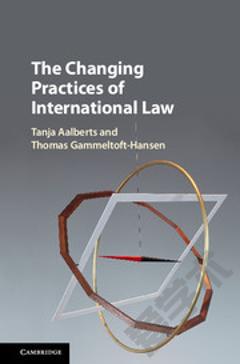
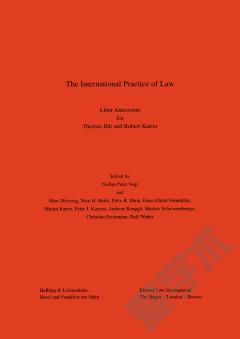

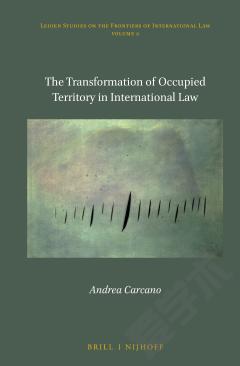

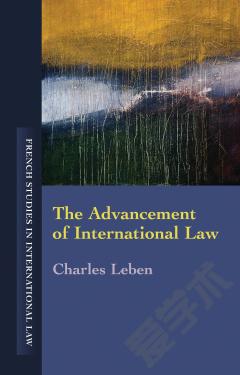
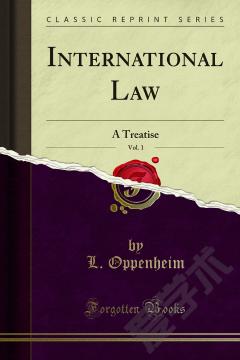

 京公网安备 11010802027623号
京公网安备 11010802027623号